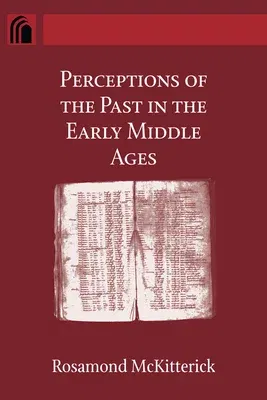Rosamond McKitterick
(Author)Perceptions of the Past in the Early Middle AgesPaperback, 15 October 2006

Qty
1
Turbo
Ships in 2 - 3 days
In Stock
Free Delivery
Cash on Delivery
15 Days
Free Returns
Secure Checkout
Part of Series
Conway Lectures in Medieval Studies
Part of Series
Conway Lectures in Medieval Studies (Paperback)
Part of Series
Conway Lectures in Medieval Studies Conway Lectures in Medie
Print Length
168 pages
Language
English
Publisher
University of Notre Dame Press
Date Published
15 Oct 2006
ISBN-10
0268035008
ISBN-13
9780268035006
Description
Product Details
Author:
Book Format:
Paperback
Country of Origin:
US
Date Published:
15 October 2006
Dimensions:
22.15 x
15.39 x
1.09 cm
Genre:
Medieval (500-1453) Studies
ISBN-10:
0268035008
ISBN-13:
9780268035006
Language:
English
Location:
Notre Dame, IN
Pages:
168
Publisher:
Series:
Weight:
285.76 gm

